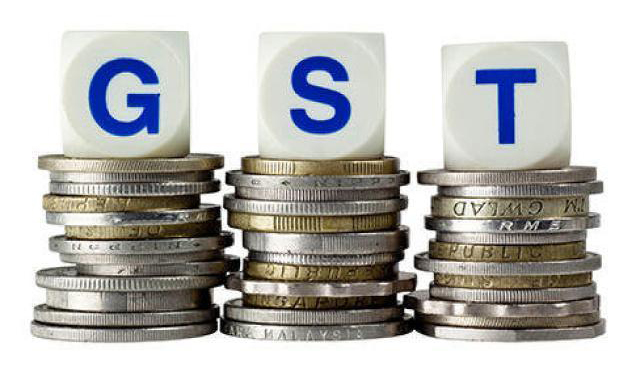Tax check in GST regime
Business Standard
By Aarushi Koundal
March 13, 2017. 23:29 IST
It's unlikely that RCM will be there for agricultural produce such as fruit, vegetables or cereals

In services and goods prone to tax evasion, there will be a mechanism under the proposed goods and services tax (GST) regime to make buyers or receivers liable to pay the tax, instead of sellers or suppliers.
This is called a reverse charge mechanism (RCM), since it is usually sellers or suppliers that pay indirect taxes to the government.
However, these are likely to be only imposed on business to business (B2B) supply of goods and services; not on business to consumer (B2C) movement. Also, farm produce might not come under this mechanism, as farmers are not required to be registered under GST.
Under the present indirect taxation regime the RCM is present mainly for services, on 15 of these. The draft GST Bills have a provision for reverse charge in both goods and services.
The mechanism was introduced in services with effect from July 2012. However, it was there for only some, such as rent-a-cab or goods transport agency services.
The GST Bill’s enabling provision for an RCM has not specified which goods and services will come under it, said M S Mani, tax partner with consultancy Deloitte.
At present, a company receiving a cab service is required to pay 50 per cent of the 15 per cent tax on this, 7.5 per cent, to the government. This was introduced because there were many cases of tax evasion in this service, says Mani.
As such, the mechanism in GST is likely to be applied on items prone to tax evasion in case of goods as well. The government will have to identify these; initially, there might not be any item so named, he felt.
At present, this mechanism is only in the case of value added tax (VAT), in the form of purchase tax. There is no such mechanism in excise duty.
“A reverse charge on goods is currently present by way of purchase tax in states such as Haryana and Punjab, on purchases from unregistered dealers, primarily for agricultural commodities," says Pratik Jain, indirect tax leader at consultancy PwC.
In the case of purchase tax, there is an inbuilt mechanism of input credit but only when goods are bought and sold within a state. In the case of services, input credit could be claimed once the tax is paid by the recipient company. In GST, the receiver will have to self-certify that it has paid the tax to claim credit, Mani explained.
However, it is not likely that the RCM will be there for agricultural produce such as fruit, vegetables or cereals. These items are likely to be exempted from GST.
The reverse charge to be introduced on goods is proof that tax collection in this form holds gravity for the government. Hence, it is an important route for expanding the tax spectrum deeper into evasion-prone items, by charging receivers, easier to tap in some cases.
Mani adds: “The government should keep the reverse charge on a minimum number of goods as far as possible. Otherwise, compliance obligations will increase.”
Reverse charge mechanism in services
- Insurance agent service to any person carrying on insurance business
- Goods transport agency service
- Sponsorship service to any body corporate
- Arbitral tribunal service to any business entity
- Services of advocates
- Govt services to business entity
- Services from non-taxable areas to taxable areas
- Services by a director to company
- Services by a recovery agent to a bank, financial institution
- Services in lottery marketing to lottery seller
- Services provided by a person involving an aggregator
- Manpower services
- Security services
- Renting of a motor vehicle
- Works contract service